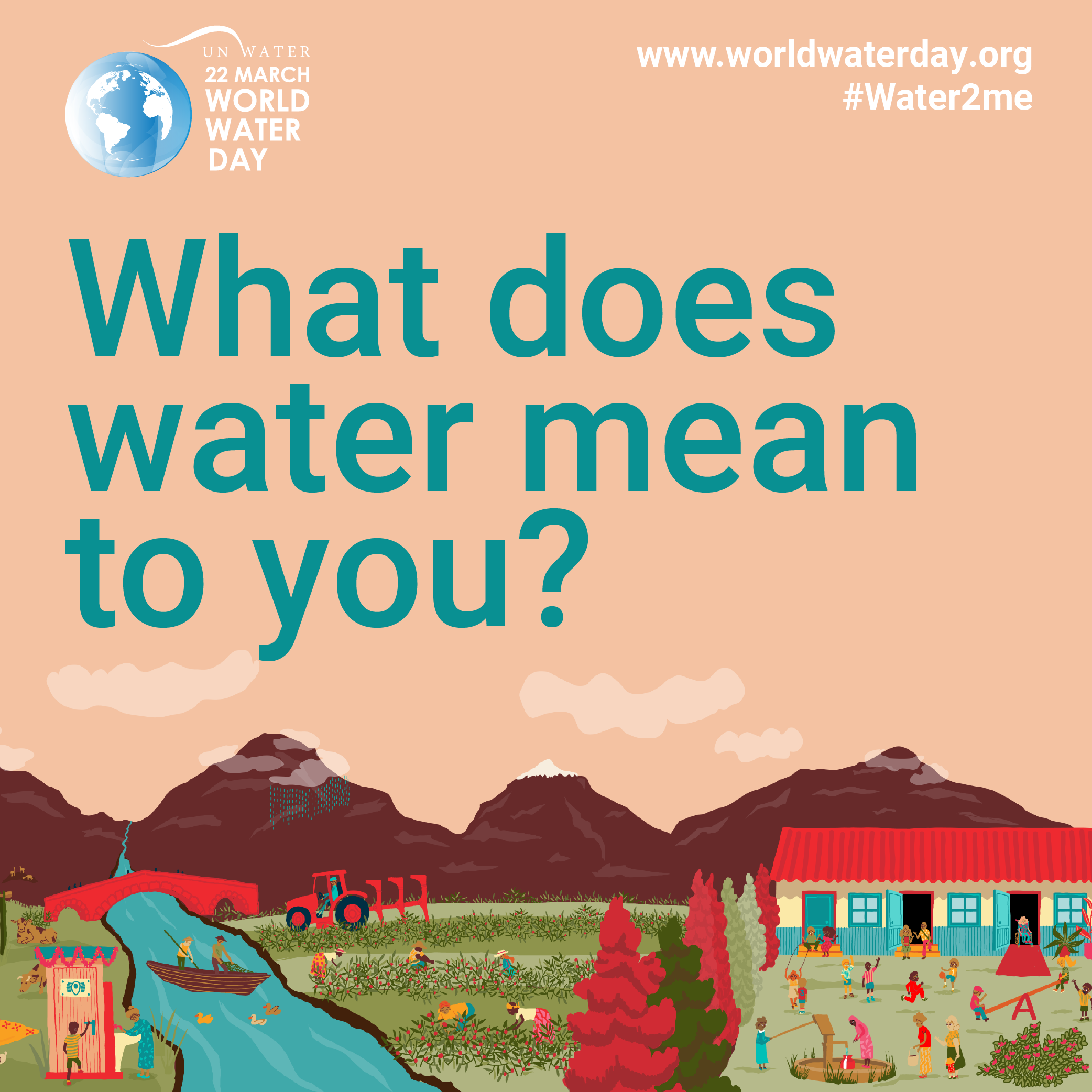What Does Water Mean to You?
Construction of a latrine in Gorkha, Nepal.
Today is World Water Day!
This important day, recognized by the UN, brings attention to the life-sustaining, dignity-providing, peace-inducing element that is often easy to overlook. Our volunteer community health worker (CHW) colleagues, however, do not take water for granted. Rather, they work hard to utilize the health benefits it provides their communities.
Dr LEE Jong-wook, Director-General of the WHO emphasizes this topic so well in his statement: "Water and Sanitation is one of the primary drivers of public health. I often refer to it as “Health 101”, which means that once we can secure access to clean water and to adequate sanitation facilities for all people, irrespective of the difference in their living conditions, a huge battle against all kinds of diseases will be won."
In the rural and mountainous area of Gorkha, Nepal, CHW Ramprasad has worked hard to educate the community about the importance of clean water and sanitation. Though “taking care of business” in the fields had been common practice, Ramprasad outlined the threats to public health and the need for latrines to improve sanitation for the entire community. By March 2020, Ramprasad, with the help of community members, had completed 25 latrines, but then COVID delayed plans for continued construction. Now, a year later, construction has resumed and more families are gaining access to sanitary facilities, protecting them and others from a myriad of illnesses.
Water is the most abundant, important resource in the world, yet is not always accessible to everyone. Today, on World Water Day, we join with the UN in inviting you to consider- What does water mean to you?


